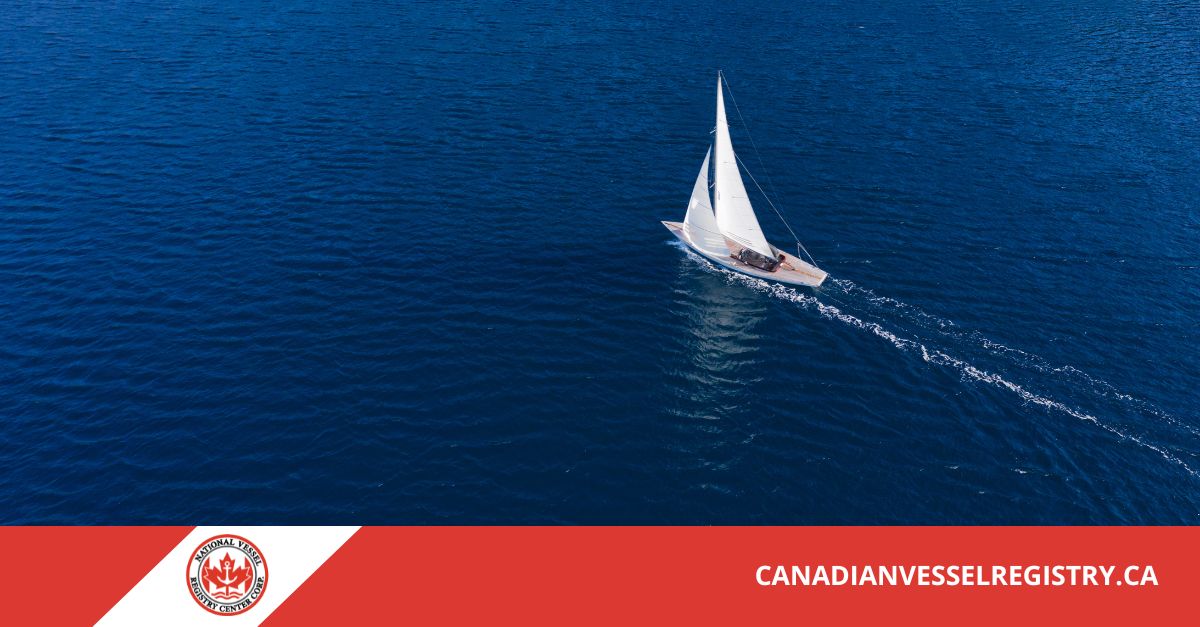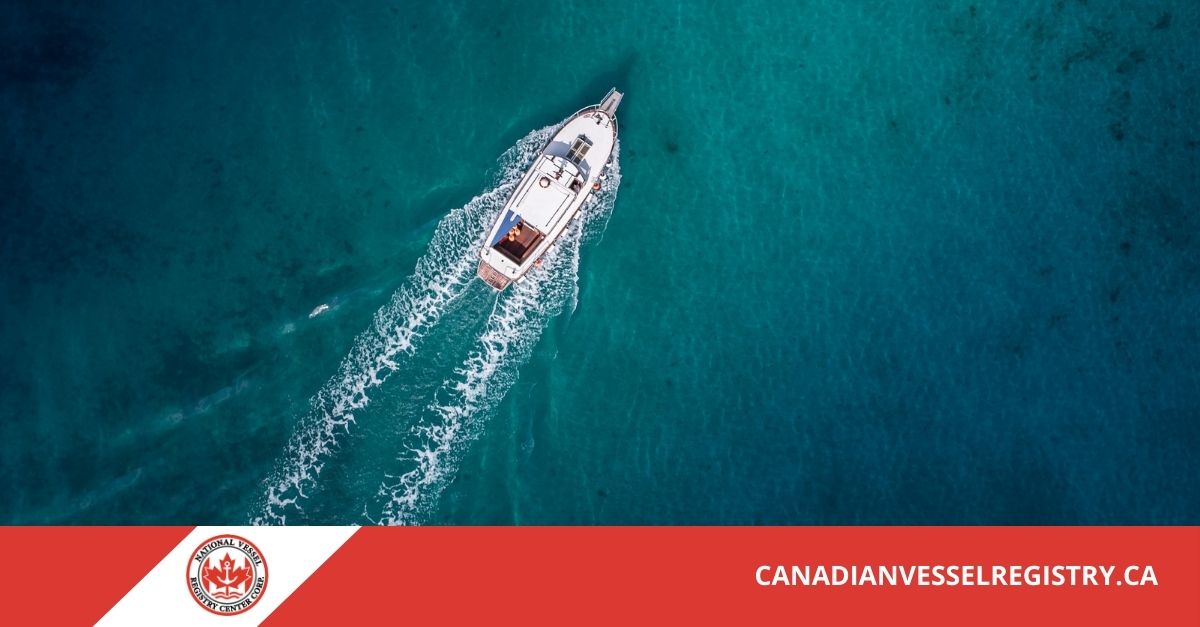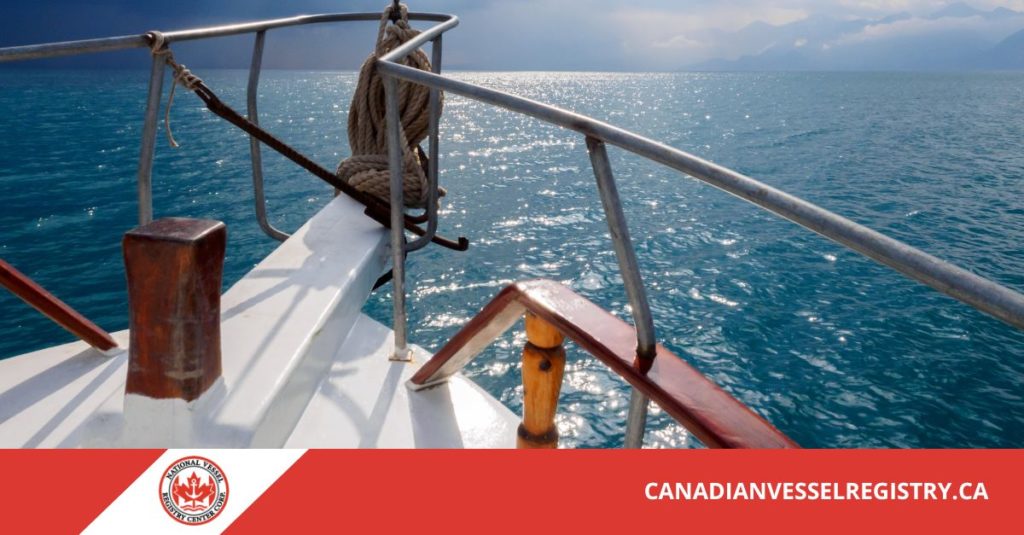Gross tons in Canada boat documentation represent the total enclosed volume of a vessel measured in units of 100 cubic feet, serving as a fundamental metric for registration requirements with the Canadian boat registry. This measurement system determines whether your vessel requires full registration, simplified licensing, or falls under specific regulatory categories that affect how you legally operate your boat in Canadian waters.

We help vessel owners navigate these measurement requirements to ensure proper documentation and compliance with federal regulations.
The gross tonnage calculation encompasses all permanently enclosed spaces within your vessel, including cabins, cargo holds, engine rooms, and any other areas bounded by the vessel’s structure. This comprehensive measurement approach provides maritime authorities with a standardized method for assessing vessel size and capacity across different boat types and configurations.
How Gross Tonnage Differs from Other Measurements
Gross tonnage represents the complete internal volume of your vessel, while net tonnage focuses specifically on cargo-carrying capacity after subtracting spaces dedicated to vessel operation and crew accommodation. This distinction becomes crucial when determining registration requirements and compliance with various maritime regulations.
Unlike displacement tonnage, which measures the actual weight of water displaced by your vessel, gross tonnage reflects volumetric capacity rather than weight. This measurement system provides a more practical assessment for regulatory purposes, as it directly relates to the vessel’s potential for carrying passengers, cargo, and equipment.
We help vessel owners distinguish between these different measurement systems and their applications within the Canadian boat registry framework. Each measurement type serves specific regulatory purposes, and selecting the appropriate classification ensures compliance with applicable requirements.
Registration Categories Based on Gross Tonnage
Vessels with different gross tonnage measurements fall into distinct registration categories that determine documentation requirements and operational restrictions. The Canadian boat registry system uses these measurements to establish appropriate regulatory oversight and safety standards for different vessel sizes.
Smaller recreational vessels typically register through simplified processes when their gross tonnage falls below specific thresholds. These vessels may qualify for pleasure craft licence documentation rather than full registry enrollment, depending on their size and intended use.
Commercial vessels and larger recreational craft often require comprehensive registration through the Canadian boat registry when their gross tonnage exceeds established limits. This registration provides complete legal documentation and official recognition of vessel ownership and specifications.

Measurement Procedures and Standards
Professional measurement of gross tonnage follows established protocols outlined in Canadian maritime laws that ensure consistency and accuracy across different vessel types. These procedures involve systematic measurement of all enclosed spaces within the vessel’s structure.
Certified marine surveyors conduct these measurements using specialized tools and techniques that account for irregular hull shapes, complex internal configurations, and structural variations that affect total volume calculations. The measurement process requires detailed documentation of each measured space and its contribution to the overall tonnage calculation.
We coordinate with qualified surveyors to ensure accurate gross tonnage determinations that support proper registration with the appropriate Canadian boat registry category. This professional approach prevents measurement errors that could lead to compliance issues or inappropriate documentation.
Small Vessel Registry Considerations
The Small Vessel Registry provides streamlined registration options for vessels that meet specific size and use criteria based on gross tonnage measurements. This system offers simplified documentation processes while maintaining essential legal protections and regulatory compliance.
Vessels registered through the Small Vessel Registry benefit from reduced paperwork requirements and expedited processing times compared to full commercial vessel registration. However, eligibility depends on accurate gross tonnage measurements that confirm the vessel’s qualification for this registration category.
We assist vessel owners in determining their eligibility for Small Vessel Registry enrollment and guide them through the application process when their gross tonnage measurements support this registration option. Our expertise ensures proper classification and appropriate documentation for each vessel’s specific circumstances.
Commercial vs. Recreational Classification Impact
Gross tonnage measurements interact with vessel use classifications to determine appropriate registration requirements and regulatory oversight levels. Commercial vessels may require full Canadian boat registry enrollment regardless of size, while recreational vessels might qualify for simplified licensing based on tonnage thresholds.
The intended use of your vessel affects how gross tonnage measurements apply to registration requirements. Charter operations, commercial fishing, and passenger carrying activities may trigger enhanced documentation requirements even for smaller vessels that would otherwise qualify for simplified registration.
We help vessel owners navigate the intersection of gross tonnage requirements and use classifications to ensure appropriate registration and compliance with applicable regulations. This guidance prevents complications that arise from incorrect classification or inadequate documentation.
Documentation Requirements and Benefits
Proper documentation based on accurate gross tonnage measurements provides legal protection, clear ownership records, and compliance with federal regulations governing vessel operations in Canadian waters. The Canadian boat registry system establishes official records that support various aspects of vessel ownership and operation.
Registration documentation includes technical specifications, ownership verification, and measurement certifications that establish the vessel’s legal status and operational authority. These records support financing activities, insurance coverage, and transfer of ownership transactions throughout the vessel’s operational life.
We facilitate the documentation process by ensuring that gross tonnage measurements meet regulatory standards and that all supporting materials align with Canadian boat registry requirements. Our comprehensive approach streamlines registration and provides ongoing support for maintaining proper documentation.
Measurement Accuracy and Verification
Accurate gross tonnage measurements require precise calculation methods and proper verification procedures to ensure compliance with regulatory standards. Errors in measurement can result in inappropriate registration categories, compliance violations, and operational restrictions that affect vessel use.
Professional verification services confirm the accuracy of gross tonnage calculations through independent review and validation of measurement procedures. These services provide additional assurance that documentation accurately represents vessel specifications and meets regulatory requirements.
We emphasize measurement accuracy throughout the registration process and coordinate verification services when needed to ensure that gross tonnage determinations support appropriate Canadian boat registry enrollment. This attention to detail prevents complications and ensures long-term compliance.
Impact on Vessel Operations and Compliance
Gross tonnage classifications directly affect operational requirements, safety regulations, and compliance obligations that apply to your vessel. Different tonnage categories trigger specific regulatory frameworks. These can include equipment requirements, inspection schedules, and operational procedures.
Vessels with accurate gross tonnage documentation benefit from clear regulatory guidance and appropriate oversight that supports safe and compliant operations. Proper classification ensures that safety requirements align with vessel capabilities and intended use patterns.
We help vessel owners manage ongoing compliance requirements. Specifically, we help those based on their gross tonnage classification and registration status with the Canadian boat registry. This support includes guidance on regulatory changes, inspection requirements, and operational considerations.
Canadian Boat Registry Process and Timeline
The registration process for vessels based on gross tonnage measurements involves systematic review. This can include technical specifications, ownership documentation, and measurement verification. Processing timelines vary depending on vessel complexity, documentation completeness, and specific registry category requirements.
We streamline the registration process by ensuring that all gross tonnage documentation meets Canadian boat registry standards before submission. This preparation reduces processing delays and prevents requests for additional information that can extend registration timelines.
Our comprehensive approach to registration support includes coordination with measurement professionals, document preparation, and ongoing communication. This can facilitate efficient processing and timely completion of vessel registration based on accurate gross tonnage determinations.

